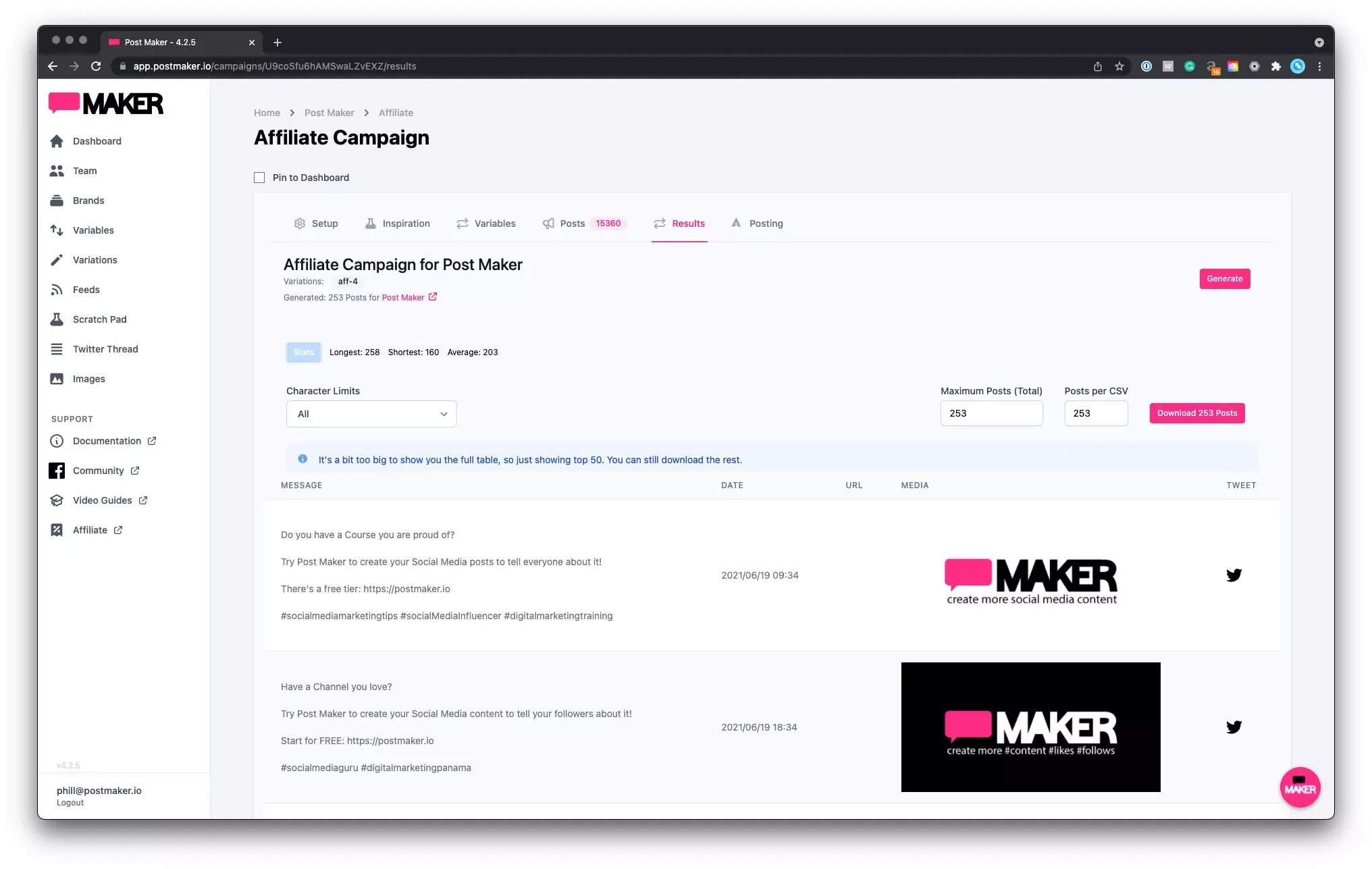A blog about...
Is a Forum Social Media? A Deep Dive into Online Communities
Picture this: you have a burning question about a niche hobby or are looking for advice on a specific topic. Of course, you might turn to the plethora of social media platforms available today, but chances are, you’ll find your answer on an online forum. But wait! Does that make forums social media? It’s a question that has puzzled many, and in this article, we’ll explore the ins and outs of forums and their role as a form of social media.
The Rise of Online Forums: A Trip Down Memory Lane
To understand the role of forums in social media, it’s essential to know their history. Online forums have been around since the dawn of the internet age. While they may not have the same level of recognition as Online Platforms like Facebook, Twitter, or Instagram, they have played a vital role in shaping the online world as we know it.

In the early days of the internet, forums emerged as a platform for connecting, sharing knowledge, and discussing various topics with like-minded people. They provided a sense of community for individuals with shared interests, and many continue to thrive today. For example, look at Reddit, a massive collection of online forums (or subreddits) covering just about any imaginable topic.
Defining Social Media: The Core Elements
Now that we’ve covered the history of forums let’s delve into the definition of social media. At its core, social media refers to digital platforms that enable users to create and share content and participate in social networking. In addition, these platforms often feature user profiles, the ability to follow or friend others and offer various communication methods, such as through comments or direct messaging.
It’s important to note that social media is not a one-size-fits-all term. Instead, there are different platforms, from microblogging sites like Twitter to photo-sharing platforms like Instagram, with unique features and capabilities.
The Forum Experience: A Social Media Perspective
So, where do forums fit into the social media landscape? Let’s break down some of the key features of online forums and compare them to traditional social media platforms:

User Interaction and Networking
Both forums and social media platforms facilitate communication and interaction between users. On forums, this often takes the form of threaded discussions, where users reply to posts and engage in conversation. Similarly, social media platforms allow users to comment, like, and share content, fostering interaction.
However, networking dynamics on forums can differ from those on traditional social media platforms. For example, on social media, users often connect with friends, family, and acquaintances, whereas forums bring together individuals with shared interests, irrespective of their connections.
Content Creation and Sharing
Forums and social media platforms both enable users to create and share content. On forums, this typically takes the form of text-based posts, while social media platforms may also support a range of media, such as images, videos, and GIFs. In this respect, forums can be seen as a more focused and topic-driven form of social media, as they centre around specific subjects and discussions.
User Profiles and Anonymity
Most social media platforms require users to create a profile, often using their real names or a variation thereof. This can foster a sense of accountability and authenticity in interactions. On the other hand, forums often allow for greater anonymity, as users can create usernames unrelated to their real-life identities. This anonymity can encourage open discussion and debate but can also lead to issues such as trolling and harassment.
So, Is a Forum Social Media? The Verdict
Based on the features and characteristics outlined above, it’s clear that forums share many similarities with traditional social media platforms. For example, they both facilitate user interaction, content creation and sharing and often feature user profiles. However, forums also possess unique qualities that differentiate them from mainstream social media platforms, such as a greater focus on specific topics and a higher degree of anonymity.

Given these similarities and differences, it’s fair to say that forums can be considered a form of social media, albeit a more niche and specialized one. They may not have the same widespread recognition or popularity as platforms like Facebook and Instagram. Still, they play a crucial role in connecting individuals with shared interests and fostering meaningful discussions.
The Impact of Forums in the Digital Age
As we’ve established, forums are indeed a form of social media. But what does this mean in the grand scheme of things? How have forums shaped how we interact online and contributed to the evolution of the digital landscape?
One of the most significant impacts of forums is their role in nurturing online communities. Forums have allowed individuals worldwide to connect and collaborate, transcending geographical boundaries and fostering global connections. In doing so, they have helped create a more interconnected world where knowledge and ideas can be shared freely.
Forums have also played a vital role in the democratization of information. They’ve provided a space where people can freely express their opinions and discuss various topics without the need for traditional gatekeepers like mainstream media. This has contributed to a more diverse and vibrant online discourse.
Finally, forums have paved the way for the growth of user-generated content. As the precursors to modern social media platforms, forums demonstrated the potential of allowing individuals to create and share their content, influencing the development of platforms like Facebook, Twitter, and YouTube.
Embracing the Forum Experience: The Future of Online Communities
As social media evolves, forums remain essential to the digital ecosystem. While they may not have the same mass appeal as platforms like Instagram or TikTok, they offer users a unique and valuable experience seeking in-depth discussions and connections based on shared interests.

In the future, we can expect forums to continue to adapt and innovate, incorporating new features and technologies to enhance the user experience. From improved moderation tools to combat trolling and harassment to the integration of multimedia content and even virtual reality, forums will undoubtedly continue to play a crucial role in shaping the way we communicate and connect online.
In Conclusion: Embracing the Forum as Social Media
So, is a forum social media? The answer is a resounding yes. While forums may differ from mainstream social media platforms in several ways, they share many of the same core features and have played a vital role in the evolution of the digital landscape.
In a world where social media is constantly changing, forums serve as a testament to the power of online communities and the enduring appeal of connecting with others based on shared interests. As the internet continues to evolve, forums will remain integral to the social media landscape, offering users a unique and engaging experience that transcends the limitations of more traditional platforms.
Ready to dive in?
Try it at no cost.
Make your day significantly better and check out PostMaker today.
